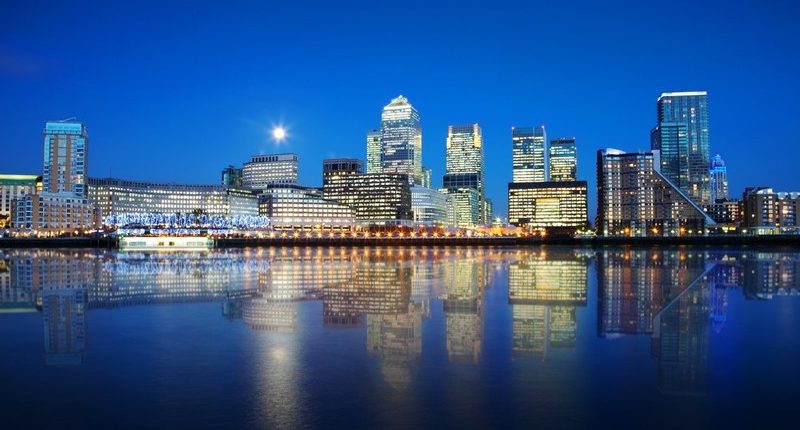Should we be worrying about the UK energy gap?
In the UK we are not currently capable of producing all the energy that we use.
Our need to import energy has fluctuated dramatically over the last 50 years. Those of us old enough to remember the 1970s may recall reading by candlelight as power shortages left us all in the dark, or sitting in long queues at petrol stations. At that time, our import requirement was over 50%. Fast forward to the 1980 – 2000 period, and we generally met our own needs and had some to spare for export.
The energy gap has started growing again since that period. According to figures from The Department for Business, Energy & Industrial Strategy, we are currently a net importer of energy, needing around 40% of our supplies to be imported.
So, should we be concerned?
Many engineers think we should. The phasing-out of coal and nuclear reactors without viable alternative solutions is predicted to create a supply crunch ten years down the line. In October 2022, the UK government pledged to ‘champion a global alliance’ on a transition to coal-free power generation by 2025. What this means is the closure of the country’s remaining eight coal-fired power stations, and one of them shutting this year.
Additional plans to phase out ageing nuclear reactors without, in some experts’ view, sufficient plans in place to build adequate replacements, will combine to create a supply crisis, according to the Institution of Mechanical Engineers (IMechE).
Here’s an interesting statistic
Around 1 in every 49 UK jobs is related to one of the energy sectors, so it’s a crucial industry for employment. And yet the IMechE maintains that the country has neither the time, resources, nor enough skilled people to build sufficient power plants. The concern is that electricity imports will put the UK’s supply at the mercy of the markets, weather and politics of other countries, resulting in a less secure supply with less controllable costs.
When we talk about energy, it’s not just electricity of course. In the report, electricity is shown as just 20% of UK energy use, with heat generation being around 40% and transport fuels a similar percentage. The suggestion is that although the government is focusing on electricity – and indeed, it’s very hard to find official statistics on energy other than electricity – it is a small part of the overall energy challenge.
The green agenda
All of the above has to be set against a ‘green’ agenda, although the country’s bold target of slashing carbon emissions by more than 50% by 2030 now seems unachievable. Subsidies for onshore wind and solar power have been slashed, throwing doubt on the future growth of these energy sources. The feeling within in the industry is that the government has hit the pause button on their renewable energy policy.
The IMechE report concludes that some important factors are being overlooked concerning the sustainability of the UK’s energy system and its contribution to global warming. The Institution believes:
- That we must reduce the pollution generated from electricity generation
- We must put more focus on the pollution from energy we use in heat and transport, which is 4x the electricity we use
- There needs to be a continued focus on supply, demand and emissions across the whole spectrum of energy use to secure wider benefits in UK health and welfare

